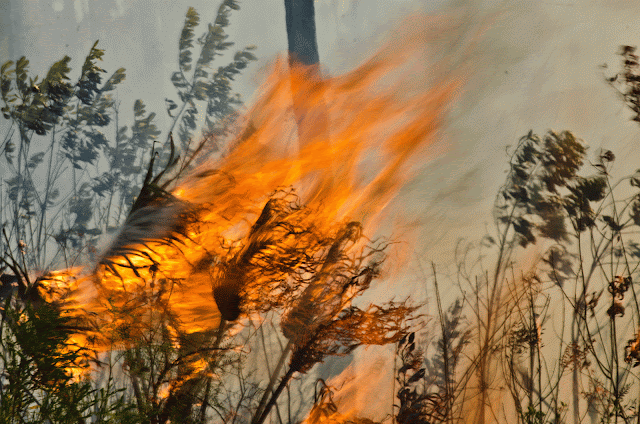Nov 21,
2012 Wed
Tomorrow is Thanksgiving and do I have a lot to be thankful for. I arrived at Everglades National Park today. When someone says “Everglades” I have always pictured a cypress swamp full of alligators and snakes. I didn’t give much thought to the “glades” part of the Everglades. When you first drive into the park it appears to be a vast grassland with a few stands of trees scattered about the landscape. A stop at the visitor center will soon explain that what appears to be a “grassland” is a river, many miles wide, flowing from Lake Okeechobee to the Florida Bay. In the 1940’s conservationist Marjory Stoneman Douglas named the gently sloping landscape a “river of grass”. No park elevation tops eight feet above sea level. Like most of our nations wild and natural places the Everglades and its unique eco system are threatened by human encroachment and competition for water. Much conservation still needs to be addressed to save this natural wonder for future generations.
Dec 2, 2012 Sun
I have spent 12 days in the Everglades and have found several critters, birds, and swamp plants to photograph. If the predictions of the experts on global warming are correct, this will all be under water in a few years and not here for future generations to enjoy. God help the the planet and it's creatures.
Tomorrow is Thanksgiving and do I have a lot to be thankful for. I arrived at Everglades National Park today. When someone says “Everglades” I have always pictured a cypress swamp full of alligators and snakes. I didn’t give much thought to the “glades” part of the Everglades. When you first drive into the park it appears to be a vast grassland with a few stands of trees scattered about the landscape. A stop at the visitor center will soon explain that what appears to be a “grassland” is a river, many miles wide, flowing from Lake Okeechobee to the Florida Bay. In the 1940’s conservationist Marjory Stoneman Douglas named the gently sloping landscape a “river of grass”. No park elevation tops eight feet above sea level. Like most of our nations wild and natural places the Everglades and its unique eco system are threatened by human encroachment and competition for water. Much conservation still needs to be addressed to save this natural wonder for future generations.
Dec 2, 2012 Sun
I have spent 12 days in the Everglades and have found several critters, birds, and swamp plants to photograph. If the predictions of the experts on global warming are correct, this will all be under water in a few years and not here for future generations to enjoy. God help the the planet and it's creatures.
 |
| What would a trip to the Everglades be without a gator photo? |
 |
| Black Vulture Thousands of Black and Turkey spend their winter in FL |
 |
| Black Vulture |
 |
| Turkey Vulture |
 |
| Turkey Vulture |
 |
| Double-crested Cormorant |
 |
| Anhinga soaking up the FL sun |
 |
| Anhinga with a fish it caught by spearing it with its beak. It then pulled its beak out and swallowed the fish whole. What a sight that was. |
 |
| Great Egret |
 |
| Green Heron |
 |
| Green Heron |
 |
| Little Blue Heron |
 |
| Little Blue Heron |
 |
| Tri-colored Heron |
 |
| Tri-colored Heron |
 |
| Wood Stork If the Everglades end up under water as predicted from the current rate of global warming, future generations may never see a Wood Stork in the wild. |
 |
| Wood Stork |
 |
| Purple Gallinule |
 |
| Vermillion Flycatcher I think this little bird was lost. They are not supposed to be east of TX. |
I found some other interesting subjects during my visit.
 |
| Lily Pad |
 |
| Controlled burns are used to simulate naturally occurring fires that help promote new plant growth. |
 |
| Hey this cloud has a hole in it. |
 |
| The sun sets on the Everglades |




No comments:
Post a Comment